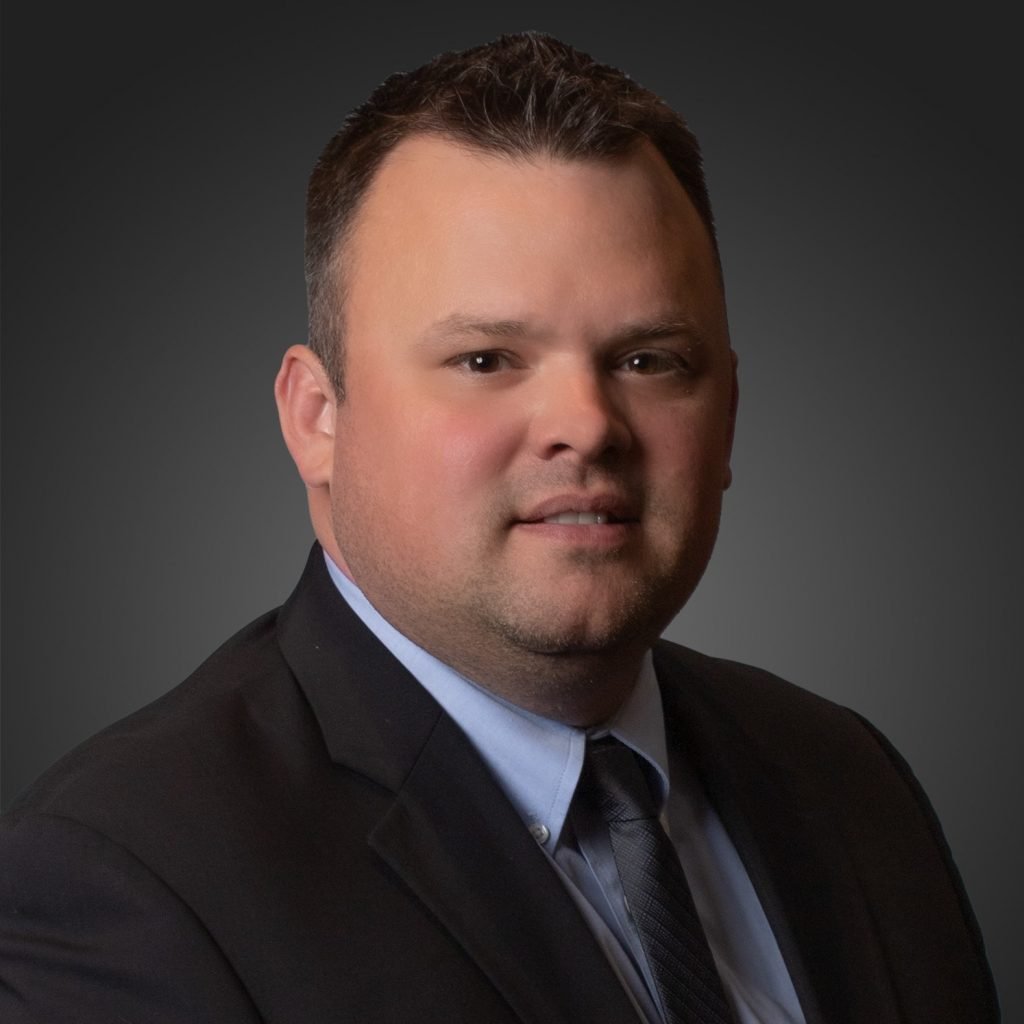Sustainable Practices with Jesse King
Agriculture is continually growing and changing, there are constantly new ways to run your operations when it comes to farming land or taking care of animals. It is all up to the farmer on how they want to run their operations and what sustainable practices they use. We talked with Jesse King, Director At Large for the South Dakota Soybean Association and 2019-20 American Soybean Association Young Leader, about his own sustainable practices.
Q: What does sustainability mean to you?
A: In regards to the King Farm family operation – sustainability means being environmentally and financially conservative with the goal to produce a profitable crop year after year with a long-term goal of transitioning the land/operation to the next generation. The farm where I currently live with my wife and children was first homesteaded by my Great-Great Grandpa, Robert King, in 1878. Since that time, five generations of the King family have lived and worked on the farm and hopefully, my children will be the sixth generation. With many family farms being multi-generational, sustainability is not a new concept for farmers across the United States. Most farmers, whether multi-generational or not, care for their land and know what is best for their operation more than anyone else.
Q: Why do you think sustainability is such a controversial topic?
A: There are many factors as to why this topic is controversial. The term ‘sustainability’ itself seems to take on many different definitions depending on who you are talking to. Throw government oversight, politics, money from large global corporations, population, food demands, natural resources, etc., into the mix and it is bound to be a highly charged topic.
Q: What sustainable practices do you use at your own farm?
A. Practices we have implemented over the past several years have been signing up for the Conservation Stewardship Program (including nutrient/pesticide efficiency, wildlife habitat, pollinator habitat), grid/EC zone soil testing, and seed/fertilizer variable rate prescriptions.
Q. What is something that you hope for in the future of the agriculture industry?
A. The average age of the American farmer continues to increase. I believe there needs to be a focus on the availability and access to capital for young farmers, whether the farm is being transitioned to the next generation or a beginning farmer. Without this access to capital to retain owner-occupied farms, more and more land will be bought by outside investors who may not have the same passion for farming and the same care for the land.
Q: Was it a hard decision to integrate sustainable practices into your life on the farm?
A. I think that the analysis is always most important when integrating sustainable practices, whether you are continuing current practices or integrating new ones. Technology continues to dramatically improve and allows us to better plan and integrate these new practices into our operation.
Q: Where have you seen the most growth on your farm because of sustainable practices?
A. I believe the efficiency and cost savings of nutrient placement based on grid/EC zone soil testing and variable rate application has been the most impactful.
Q: Do you think the market needs to be diversified? Or do you think all farmers should work towards the same sustainable future?
A. I believe most farmers already work towards a sustainable future. For farmers like my late Grandpa Bob King, it is built into them. He cared for this land like no other and passed that on to my father and me. To take a cookie-cutter approach to a term that has many definitions would be a mistake. Each operation has a unique set of characteristics that must be taken into account such as history, geographical location, weather, livestock or non-livestock, labor supply, input costs, financial position, technology, etc.
Q: Why do you choose to use sustainable practices on your farm?
A. We use sustainable practices to produce a crop with profit, efficiency, and land health in mind.
After speaking with Jesse King, it is clear that generations of farmers have already been using sustainable practices, though they may be unique to that specific operation, for years and will continue to do so as they gain perspective on how to better their own farms as technology continues to develop. To learn how other farmers are using sustainable practices check out our other blogs How One Young Farmer Is Improving Sustainability Through Soil Health or Chatting Sustainability and The Cycle of Seed to Harvest.



